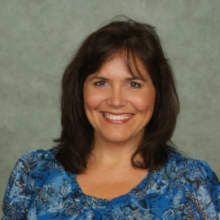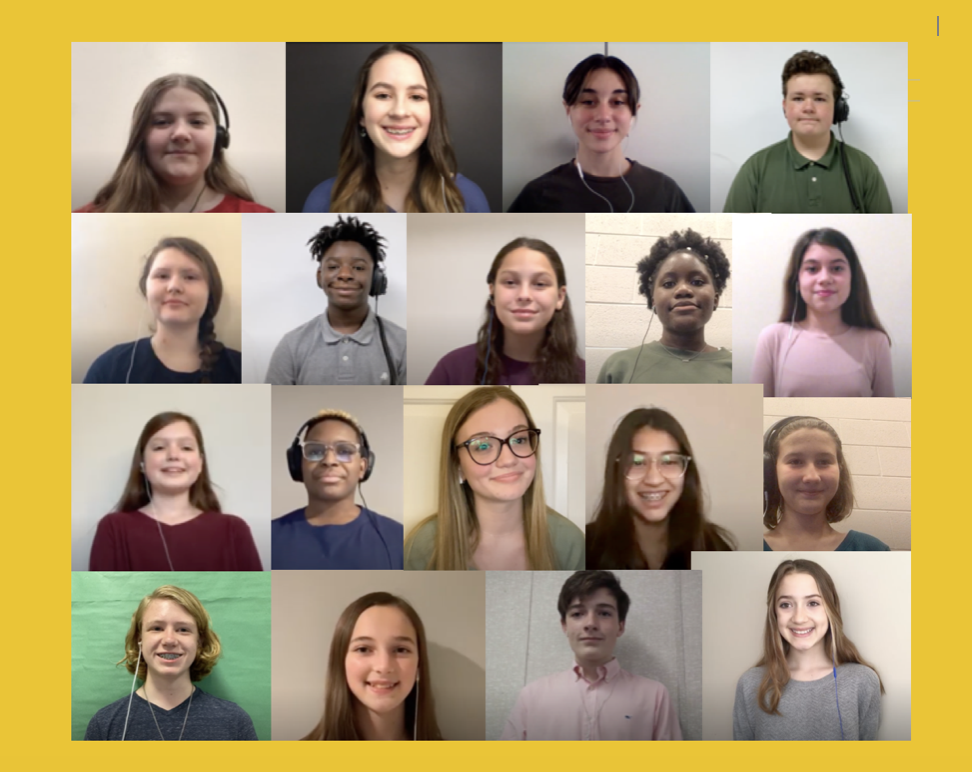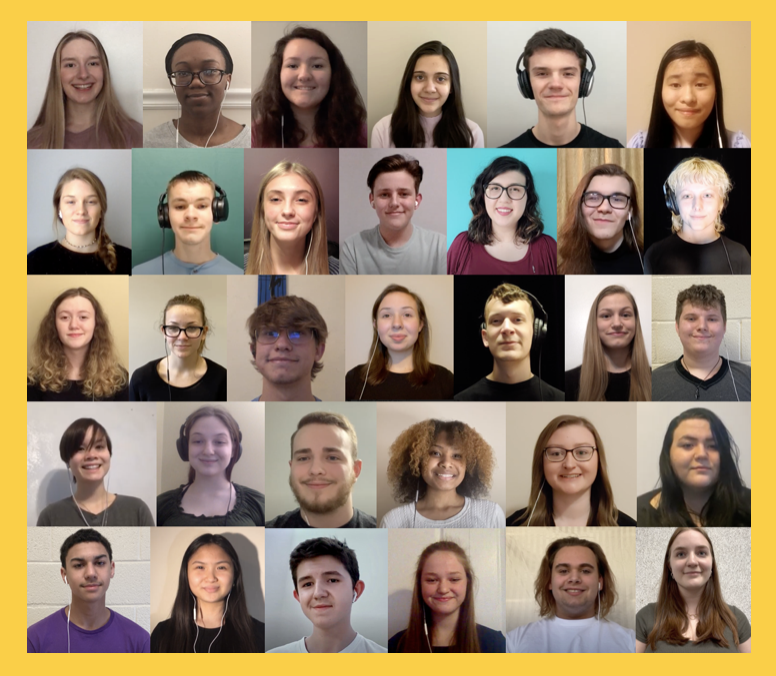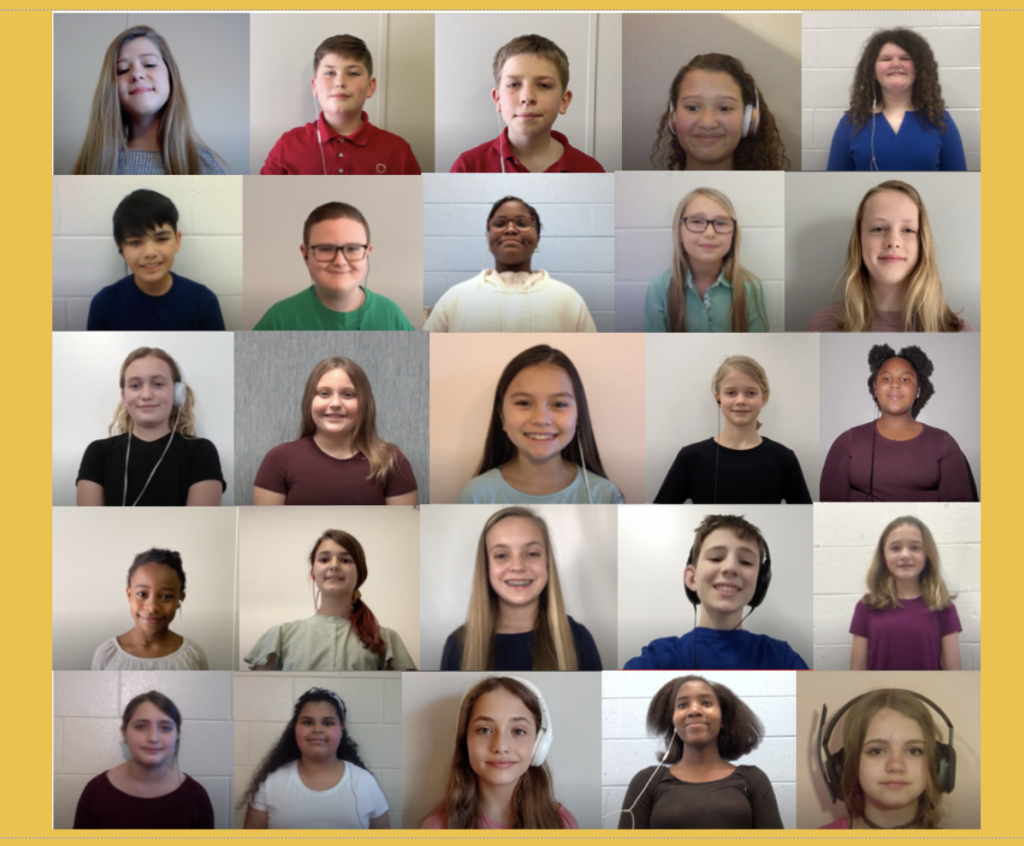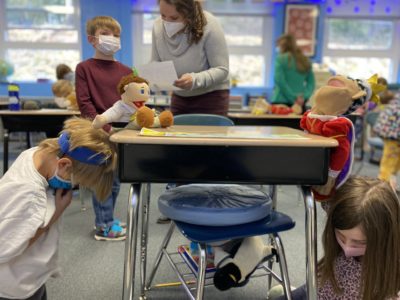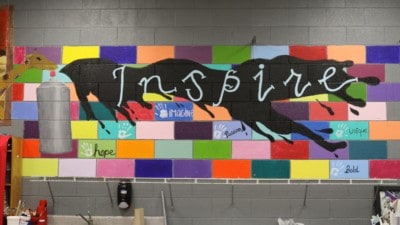Last March, I was sitting in the auditorium at Wake Forest University with my choral students when the world shut down. We were participating in the Music Performance Adjudications (MPA) sponsored by the choral section of the North Carolina Music Educators Association (NCMEA). The annual event is something that choral, orchestral, and band ensembles across North Carolina look forward to and spend months preparing to perform for judges who give a score and comment on their performance.
My students had prepared and perfected two songs for the event — and they were able to perform and receive their score. Many students across the state were not so lucky.
On the beautiful spring day, NCMEA leadership made the decision to shut down all events for the year. It was a good decision. We were not sure about this new virus — and school systems were closing schools and forbidding student travel. But, it was a great disappointment to many students and teachers in areas where the MPA events were cancelled due to COVID.
For music teachers across the state, the overriding question became: “How do I teach music online?”
I felt — along with many of my colleagues — like a brand new teacher. All I had known and felt comfortable doing was redefined in one day. My world was flipped upside down. But, like always, music teachers showed their resilience, their flexibility, and their unfailing commitment to students.
They spent hours searching the internet for lesson plan ideas; they watched multiple webinars on the best technology for music education; they attended Zoom room chats with other music educators to share best practices; but, most of all, they were there with their students every single day helping them through this trying time and giving them the social and emotional skills needed to cope during the pandemic.
Music teachers are unique in that they teach the same students for multiple years. We know their families, and because of that the community built in the music room extends beyond the classroom walls. Those established relationships have been the key to our success through the pandemic.
How do you teach students music remotely?
The North Carolina K-12 Essential Standards include competencies that are not necessarily performance based. Many teachers leaned into those standards and taught students music theory and history lessons, explored the music of other cultures, times, and places, and introduced students to a world of possibilities for music careers.
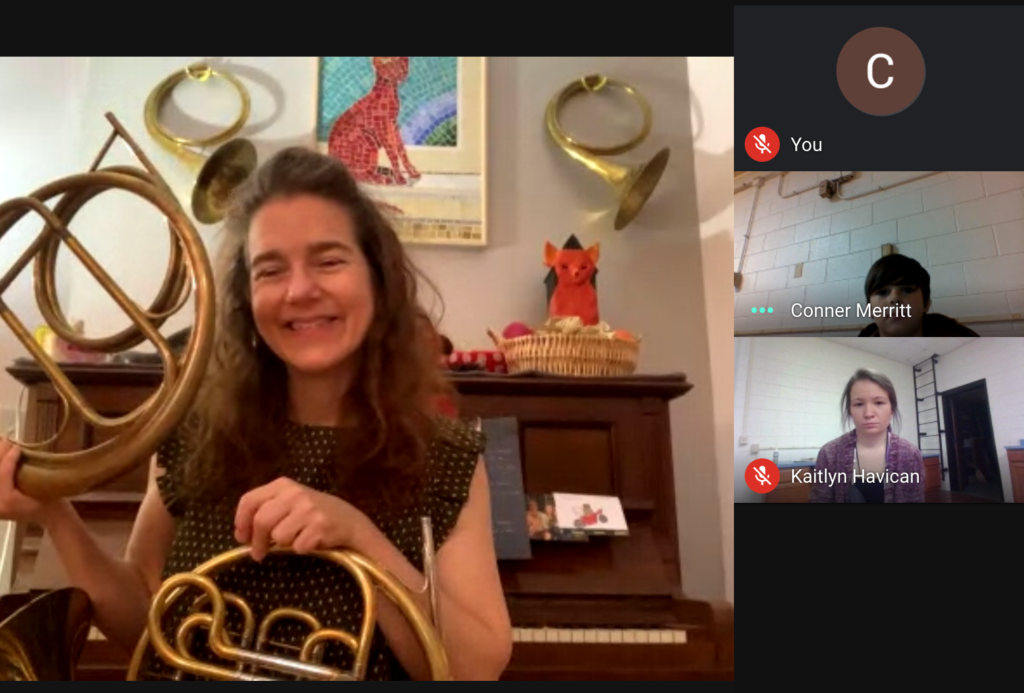
Teachers across the state produced outstanding virtual performances in an attempt to make this time as normal as possible for students and parents. Virtual performances are a beautiful way of making music together during this time of isolation, but require a steep learning curve for students who are accustomed to singing in a group setting and require many extra hours of work for teachers.
One virtual choir production can take nearly 50 hours for a music teacher to edit and synchronize audio and video submissions. Students have struggled with the technology to record and submit their performance videos. My students reported that they felt exposed and nervous about sharing audio of solo singing recorded in isolation of other choir members and producing videos that could be shown to the world through shared links.
In a world of social media, students appear comfortable with sharing their lives publicly. In March 2020, music teachers found that those social media “skills” did not transfer to choir, band, and orchestra. A year later, students have recorded themselves enough that they feel better about the process.
Certainly, they have learned a lot about technology and improved their production skills. See a collaborative virtual choir below made by six choirs from Kernersville, North Carolina. The video was made in the fall of 2020.
NCMEA has adjusted to the pandemic by offering a virtual conference for music educators and several webinars on technology and teaching techniques. The Inclusive Vision for Music Education (IVfME) committee have produced webinars on gospel music pedagogy, culturally responsive teaching, using hip-hop in the classroom, and contemporary drumming.
The band section of NCMEA has produced some virtual all-district performances and are now holding virtual auditions for all-state student ensembles. The high school all-district band performed “Pipe and Thistle” by Carol Brittain Chambers. The middle school all-district band performed “Off the Edge” by Alex Shapiro. Below you can see the 2020 North Carolina All-State Honors Orchestra’s release of “The Fire Within.”
The Music in our Schools Month (MIOSM) committee is soon to release a virtual choir video of 100 elementary, middle, and high school singers from every district in our state.
March is MIOSM and an all-state choir performance of “We Rise,” a song written by elementary music teacher and NCMEA member Adam Mitchell, will serve as a celebration of music in the lives of North Carolina children. All of the students in the NCMEA virtual performances are members of the choir, band, or orchestra at their home school.
Students and teachers attended Zoom rehearsals for two hours on a Saturday and spent countless hours with their teacher preparing their individual video for submission. NCMEA contracted a professional production company to compile the video and audio submissions from students around the state.
We have all done our best to continue education for students across the state. I believe music teachers are the hardest working teachers in the state. They frequently give up nights and weekends to attend events with their students and perform for their community.
They sacrifice family time and personal goals to make sure their students have the best musical experience possible. They build relationships with their students that last for a lifetime. Since March 2020, music teachers have poured themselves into their students like never before — trying to make life as normal as possible during this time of isolation.
I encourage administrators and legislators to recognize the power of music and music educators in the lives of students as budgets and personnel decisions are made for the coming school year.
Our students will need us as they adjust to post-pandemic life. Recently, I read a statement on social media: “Life will return to normal when there is live music again.” I agree with that statement, but would like to offer a revised version that is true for the students in North Carolina:
“Life will return to normal when there is community music making again!”
Carol Earnhardt, President, NCMEA
